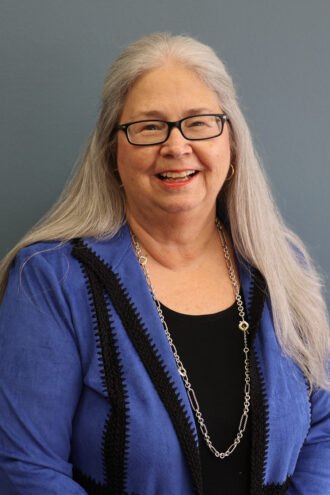UT Arlington is making a push to bolster the ranks of rural healthcare providers through education. The university’s Center for Rural Health and Nursing hopes to provide nursing education to rural Texans who want to become registered nurses and nurse practitioners.
In addition to a nationwide nursing shortage exacerbated by retiring nurses and the increasing needs of an aging population, 26 rural hospitals have closed in Texas since 2010, the most of any state in the country during that period. Nearly one in four Texans live in rural communities and are more likely to die from heart disease, cancer, respiratory disease, and stroke than those in cities. Healthcare providers often compete with more lucrative and higher-paying jobs in cities. Rural residents are more likely to die from heart disease, cancer, respiratory disease, and stroke than those in cities.
The CRHN was established with $4 million of legislative funding to improve rural nursing education and rural health outcomes. It will look to identify needs in rural communities, support and educate students in rural communities via online learning, and reduce the shortage of nurses by partnering with providers to give the nurses clinical experience close to home. UT Arlington is the largest nursing program of any public institution in the country and is the largest producer of baccalaureate nursing degrees in the state. Its online program to award bachelor’s degrees to working nurses launched a decade ago and has awarded 19,000 degrees since 2008.
“UTA has a proven track record both in Texas and nationwide as a leading center of excellence for nursing education,” state Sen. Kelly Hancock said via statement. “I have great confidence in the university’s ability, through its new Center for Rural Health and Nursing, to bring its nationally recognized nursing education and training programs to improve both nursing education and health outcomes in our state’s rural communities.”
The center will provide training for those wishing to earn their bachelor of science in nursing, nurse practitioner degree and offer continuing education for working nurses in areas where they need training.
UTA is currently identifying potential communities for partnership by analyzing needs and meeting with healthcare providers and community stakeholders. The university can leverage its connections to high schools and community colleges in rural communities to direct people toward nursing. CRHN will find clinical partners where students can do their clinical rotations close to home.

UTA has a long history of partnering with rural communities and continuing education for rural nurses, which is part of the reason Elizabeth Merwin joined as the dean of the College of Nursing and Health Innovation years ago. Merwin has decades of experience working with and researching rural healthcare and will serve as the center’s executive director.
“This is an opportunity to revitalize our long-term commitment to rural communities,” Merwin says. “We wanted to be able to provide clinical rotations in their facilities and community so some of their residents could participate in our nursing education program.”
These partnerships don’t come easily. The school needs a cohort of students from a community interested in nursing education and has to have clinical opportunities in place in that community for rotations. Merwin estimates it may be a couple of years before things are in place to begin educating students in their communities. The hope is that being trained at a rural hospital will entice nurses to work in those communities where the need is greatest.

The center is trying to make it easy for rural students to receive their education by providing technology toolkits that include laptops, tablets, and headphones. “We’re also looking for ways to bring education to them,” says Aspen Drude, the center’s manager. “A barrier in a lot of rural communities is they don’t have the technology needed.”
The center is focused on increasing access to healthcare, fighting the nursing shortage, and providing education for stable careers, but it also aims to measure and improve health outcomes in rural communities. “We hope to be partnering with some of the communities that we’ve worked with for clinical education on health outcomes studies and evaluations that assist them as they’re working to always strengthen care,” Merwin says. “We’re just getting started.”
Get the D CEO Healthcare Newsletter
Author






